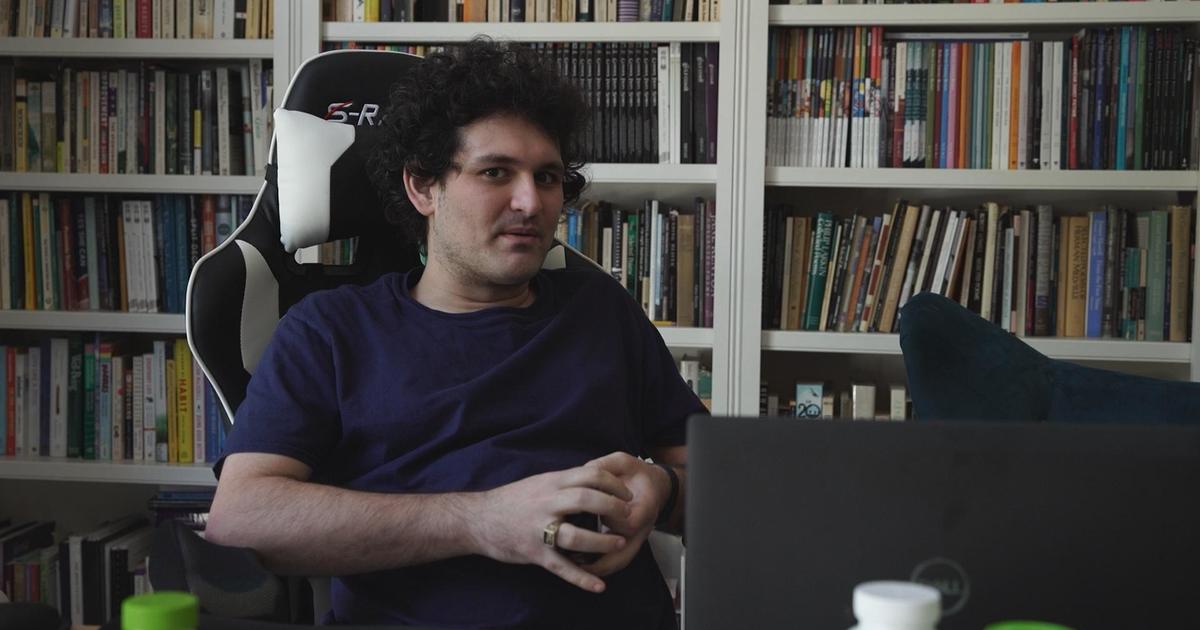
The trial of Sam Bankman-Fried, the founder of cryptocurrency exchange FTX, is set to begin on Tuesday. Bankman-Fried is facing federal fraud charges, and the trial comes at the same time as the release of a book titled “Going Infinite,” which details his alleged rise and fall. Author Michael Lewis, known for his best-selling books such as “Moneyball” and “The Big Short,” had extensive access to Bankman-Fried and met with him over 100 times over two years to write the book.
Bankman-Fried was once considered a cryptocurrency superstar, often referred to as the “J.P. Morgan of crypto.” He started his career as a Wall Street trader before venturing into the world of cryptocurrency. He made a fortune and decided to open his own cryptocurrency exchange, FTX, which quickly became one of the largest in the industry.
According to Lewis, Bankman-Fried’s motivation was not just wealth but also a commitment to a social movement called effective altruism. He aimed to use his wealth to address existential threats to humanity, such as AI, future pandemics, and what he saw as the undermining of democracy by former President Donald Trump.
However, as detailed in “Going Infinite,” Bankman-Fried’s empire eventually crumbled. Lewis highlights the lack of experienced leadership within FTX, with Bankman-Fried avoiding hiring “grownups” and believing that people shouldn’t need to be managed. The lack of management and oversight led to conflicts of interest and a series of events that ultimately caused a panic run on FTX, resulting in the loss of billions of dollars.
Bankman-Fried was later arrested and extradited to New York to face charges of fraudulently using customer deposits for his personal ventures, including real estate purchases and political donations. He has pleaded not guilty to seven charges, including wire fraud, securities fraud, and money laundering.
The trial is expected to be a significant event for the cryptocurrency industry, shining a light on the potential risks and challenges faced by crypto entrepreneurs. Bankman-Fried’s future and the outcome of the trial remain uncertain, but Lewis believes Bankman-Fried genuinely believes in his innocence.
The trial raises important questions about the regulation and oversight of the cryptocurrency industry, as well as the responsibility of leaders to manage and protect their customers’ funds. It serves as a reminder that the rapid rise of cryptocurrencies, while offering opportunities for wealth and innovation, also comes with risks and challenges that need to be carefully navigated.
As the trial unfolds, the industry and the public will eagerly await the outcome, seeking answers to the questions of whether Bankman-Fried was a cryptocurrency con man or a brilliant yet inexperienced entrepreneur who faced complex challenges beyond his control.






